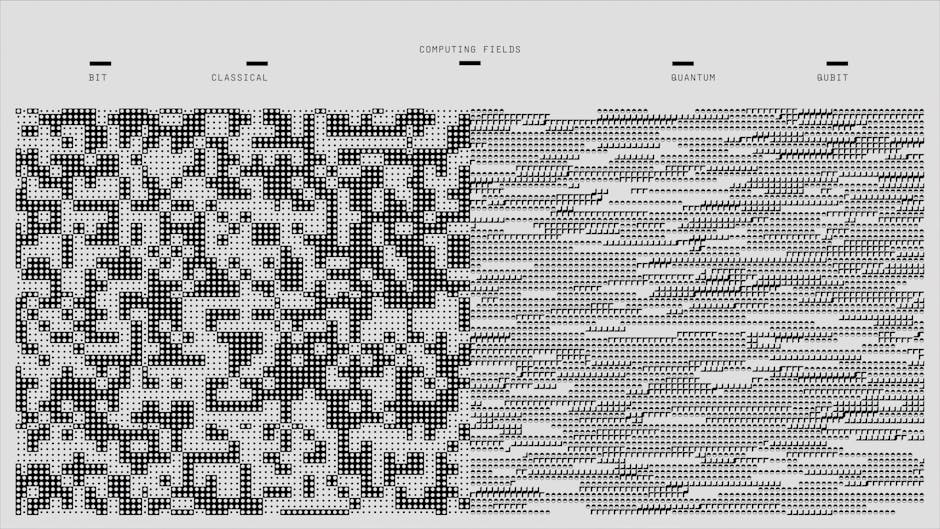Communication Shifts as Warning Signs
Landlords may change their demeanor or communication before taking any formal steps. If your typically friendly or responsive landlord suddenly becomes slow to reply, formal in language, or avoids your calls, this is one of the classic signs your landlord wants you out. If all requests are now redirected to email or a management company, read between the lines—such distancing is rarely random.
Increased Inspections and Property Visits
Routine inspections happen in every lease, but when surprise “maintenance” visits start stacking up or you’re asked to accommodate more frequent walkthroughs, take note. Landlords rarely invest time in frequent visits without a motive. If the visits are accompanied by comments about minor lease violations or criticisms of housekeeping, these are stronger signs your landlord wants you out and may be collecting a paper trail for future action.
Appearance of Written Notices
Informal texts about “issues” or more formal written warnings for small lease infractions—trash out late, carpets not vacuumed, minor noise late at night—usually aren’t just about maintaining the property. They’re a buildup to documentation. Multiple infractions on file arm landlords should they choose to begin an eviction process later. Keep records and correct any valid issues quickly.
Sudden Rent Increase or New Fees
Legal or not, some landlords use dramatic rent increases as a tool for nudging out current tenants. Outofcycle demands for new deposits, “pet fees,” or utility charges you’ve never seen before are also common signals. Landlords may also refuse to negotiate on the new terms, hoping higher costs push you to move voluntarily.
Lease Nonrenewal Without Clear Reason
When your lease is ending and renewal discussions don’t happen, or a short, unexplained nonrenewal notice arrives, this is one of the clearest signs your landlord wants you out. If previously discussed upgrades or longterm plans suddenly vanish from conversation, be ready for transition.
Withholding or Delaying Maintenance
A drop in responsiveness for repairs—especially if you’ve never had an issue before—can be deliberate. Some landlords use lack of upkeep as passive pressure, hoping you’ll get frustrated enough to leave. In cases where habitability drops to unsafe levels (no heat, mold, plumbing breakdowns), this may even qualify as “constructive eviction.” Document every request and response.
Revisiting Documentation and Lease Terms
Sudden demands for fresh paperwork, stricter enforcement of guest or parking policies, or investigations into other occupants or pets can be legal groundwork for terminating a lease. If you’re asked for documents outside of standard renewal time, this isn’t just bureaucracy—it’s often one of the warning signs your landlord wants you out.
Announcements: Renovation, Sale, or Conversion
Landlords are required to give notice if they intend to sell or substantially renovate the property. But open talk about major changes—“The building is going condo,” “We’ll need the place empty for upgrades”—is a public sign a lease won’t be renewed, even if no formal papers are served yet.
Sudden Hostility or Change in Attitude
A previously cordial landlord who becomes short, critical, or visibly annoyed may be signaling impending changes. If communication turns adversarial despite no change in your own behavior, combine this with other signs for a fuller picture.
New Rules Designed to Displace
Targeted rule changes—suddenly banning longheld privileges (pets, homebased business, even smoking on premises)—can be aimed at pushing certain tenants out. Compare new rules to your original lease and local tenant protections.
What to Do If You Notice the Signs Your Landlord Wants You Out
Document every interaction: Save all emails, texts, notices, and photos of maintenance issues. Stay lease compliant: Pay rent on time, keep the unit clean, and avoid giving easy grounds for action. Research local tenant rights: Many cities have protections, especially around notice periods and legal reasons for eviction. Consider a direct conversation: Sometimes honest, calm discussion removes confusion or reveals a timeline. Start planning a backup: Look at new listings and save for moving costs in case formal eviction begins.
Protecting Your Security Deposit
If you expect an end to your tenancy, prepare for your exit:
Clean and document the unit’s condition before you go. Make all minor, affordable repairs yourself. Give required written notice of departure.
When to Seek Legal Help
If you receive a formal eviction notice you believe is unfair or unlawful, contact a tenant advocacy group or attorney immediately. If repairs are withheld to push you out, “selfhelp” evictions (changing locks, cutting utilities), or harassment occurs, document everything and contact local authorities.
Final Thoughts
Detecting landlord eviction hints is more awareness than anxiety. Early action when you see the signs your landlord wants you out allows for smart planning, legal preparation, and a greater chance of leaving on your own terms. Balance vigilance with honesty—sometimes a landlord’s hints are just miscommunication, but when the signs stack up, trust your instincts. In a challenging rental market, protecting your stability starts with reading between—and beyond—the lines.


 Isaac Lesureneric is a tech author at gfxrobotection focusing on digital security, automation, and emerging technologies. He shares clear, practical insights to help readers understand and adapt to the rapidly changing tech world.
Isaac Lesureneric is a tech author at gfxrobotection focusing on digital security, automation, and emerging technologies. He shares clear, practical insights to help readers understand and adapt to the rapidly changing tech world.

